Your cart is currently empty!
Tag: SustainablePractices
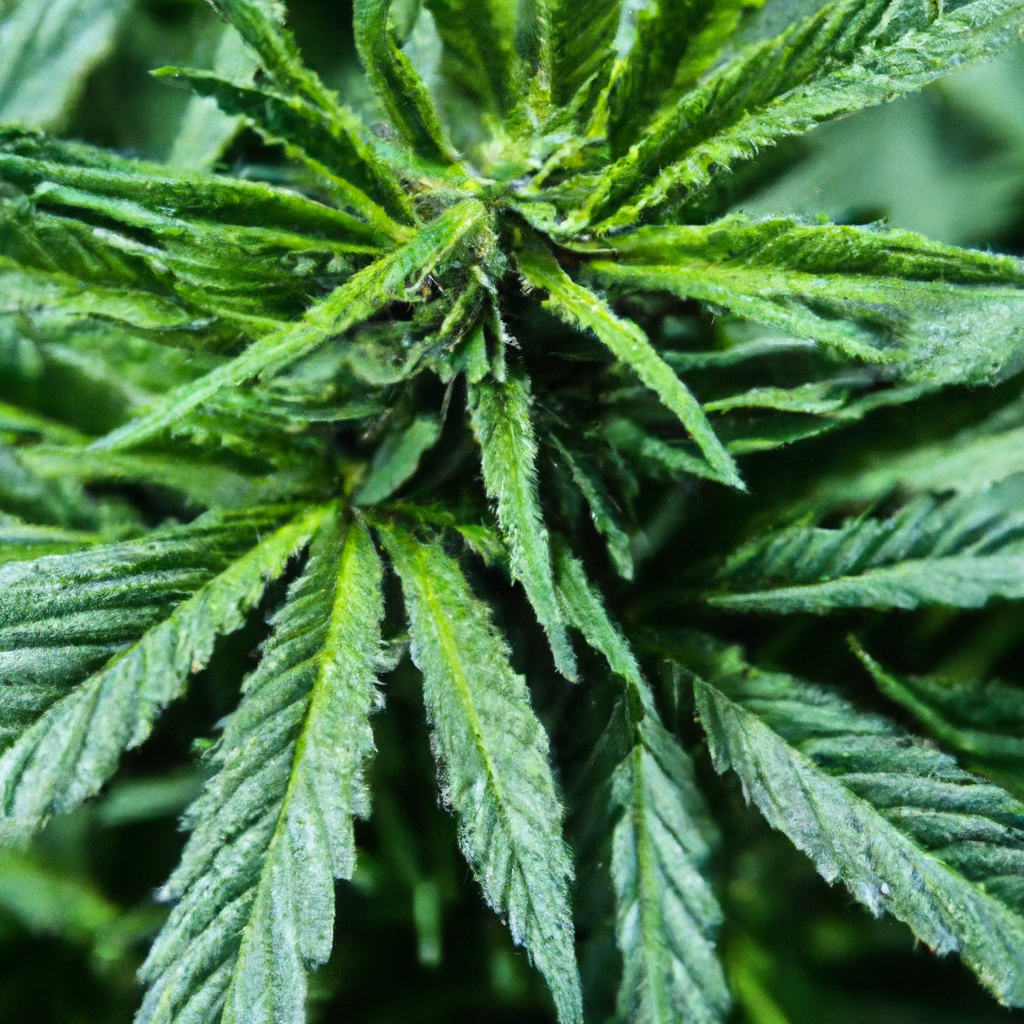
In the realm of cannabis cultivation, adopting organic practices extends beyond choosing organic seeds. This holistic approach employs natural fertilizers like worm castings and fish emulsion, composting, and eco-friendly pest controls, benefiting both the environment and consumers. Healthy soil forms the backbone of successful growth, while composting recycles waste to create nutrient-rich soil. Natural pest…
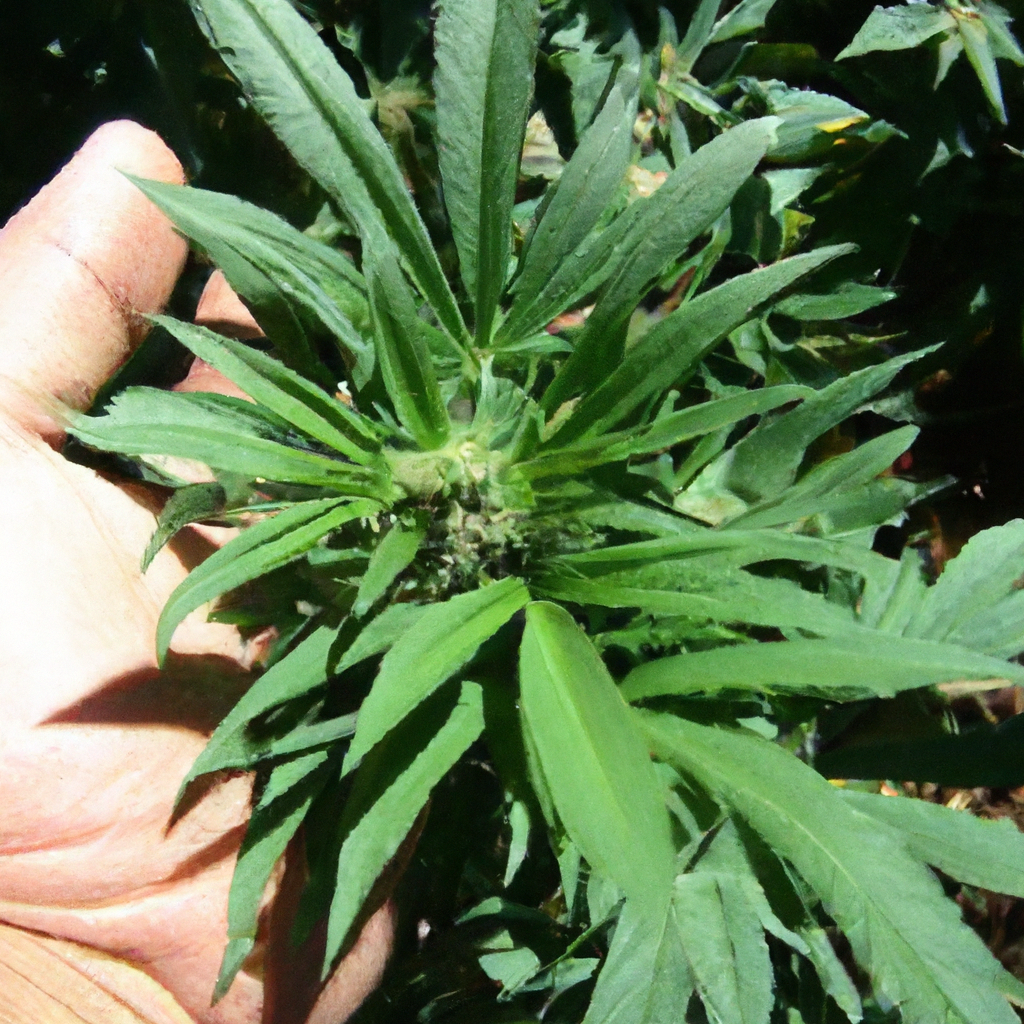
Growing cannabis organically promotes sustainability and plant health while yielding high-quality results. Emphasizing soil health, organic pest control, and water conservation forms the foundation of this approach. Key techniques include enriching soil with compost and cover crops, using beneficial insects and neem oil for pest management, and employing drip irrigation and rainwater harvesting for efficient…
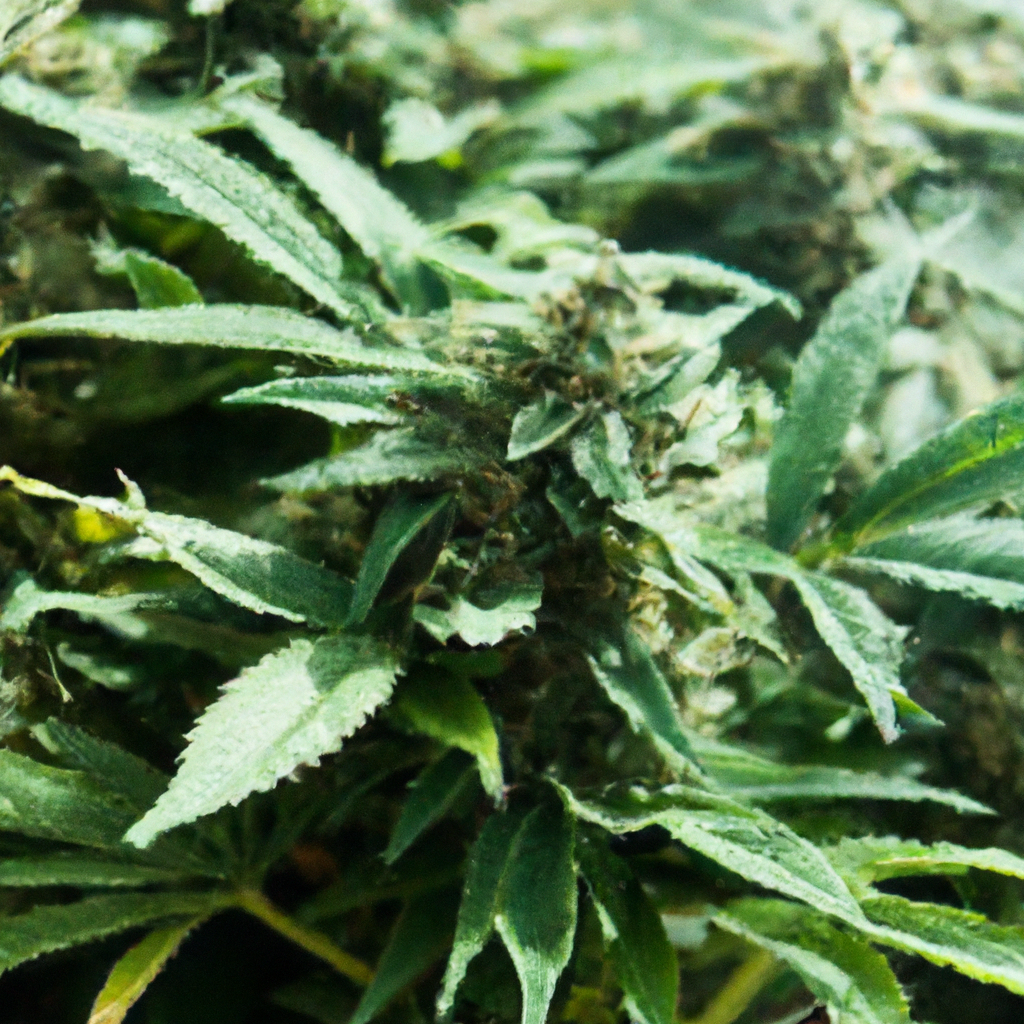
Discover the benefits of premium organic cannabis cultivation, where enthusiasts prioritize sustainable practices for enhanced flavors and potency. Organic methods eschew synthetic chemicals, promoting environmental health and richer terpene profiles. Key strategies include compost integration, beneficial microbes, and companion planting for a thriving soil ecosystem. Natural fertilizers like fish emulsion and kelp support robust growth,…
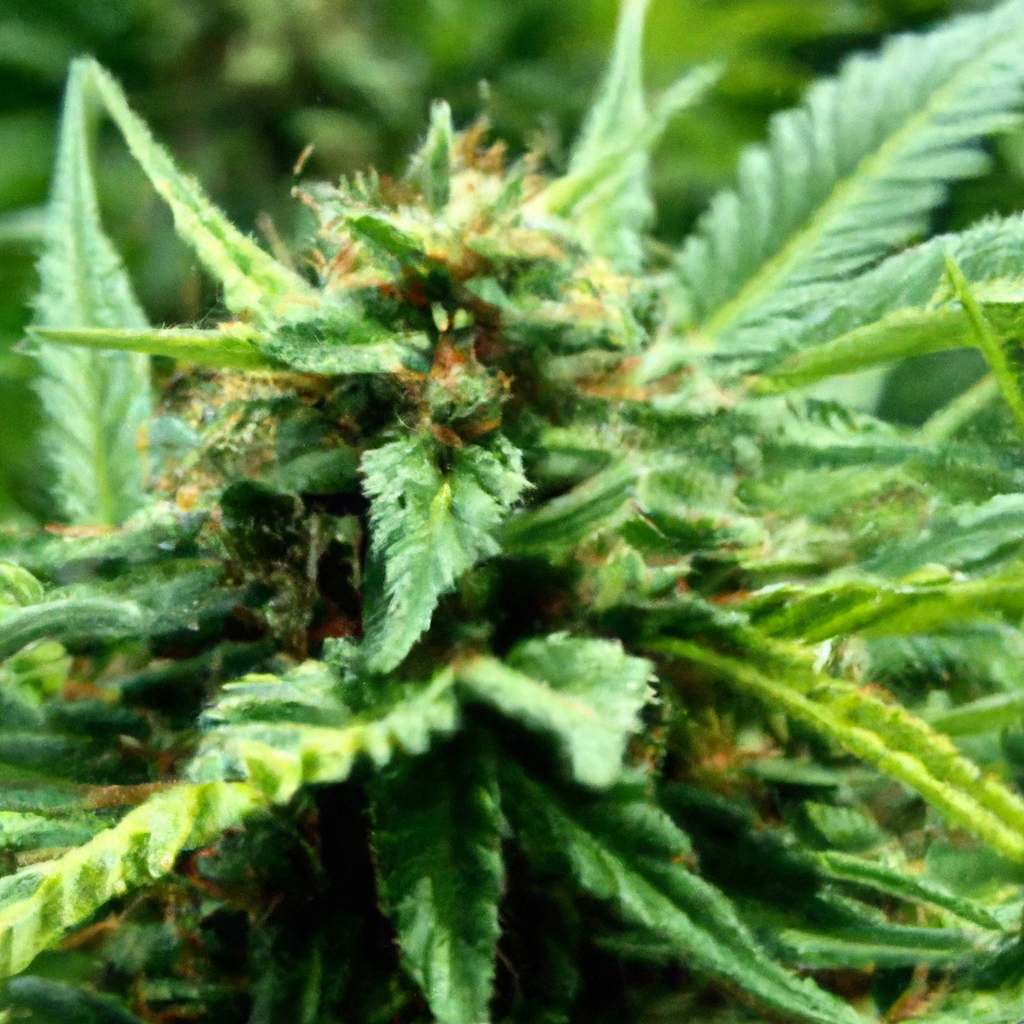
In the realm of cannabis cultivation, the shift towards organic practices is thriving. Prioritizing healthy soil by using natural fertilizers like compost, worm castings, and bone meal enhances growth without synthetic chemicals. For pest management, strategies such as companion planting and the use of neem oil or beneficial insects help maintain plant health naturally. These…
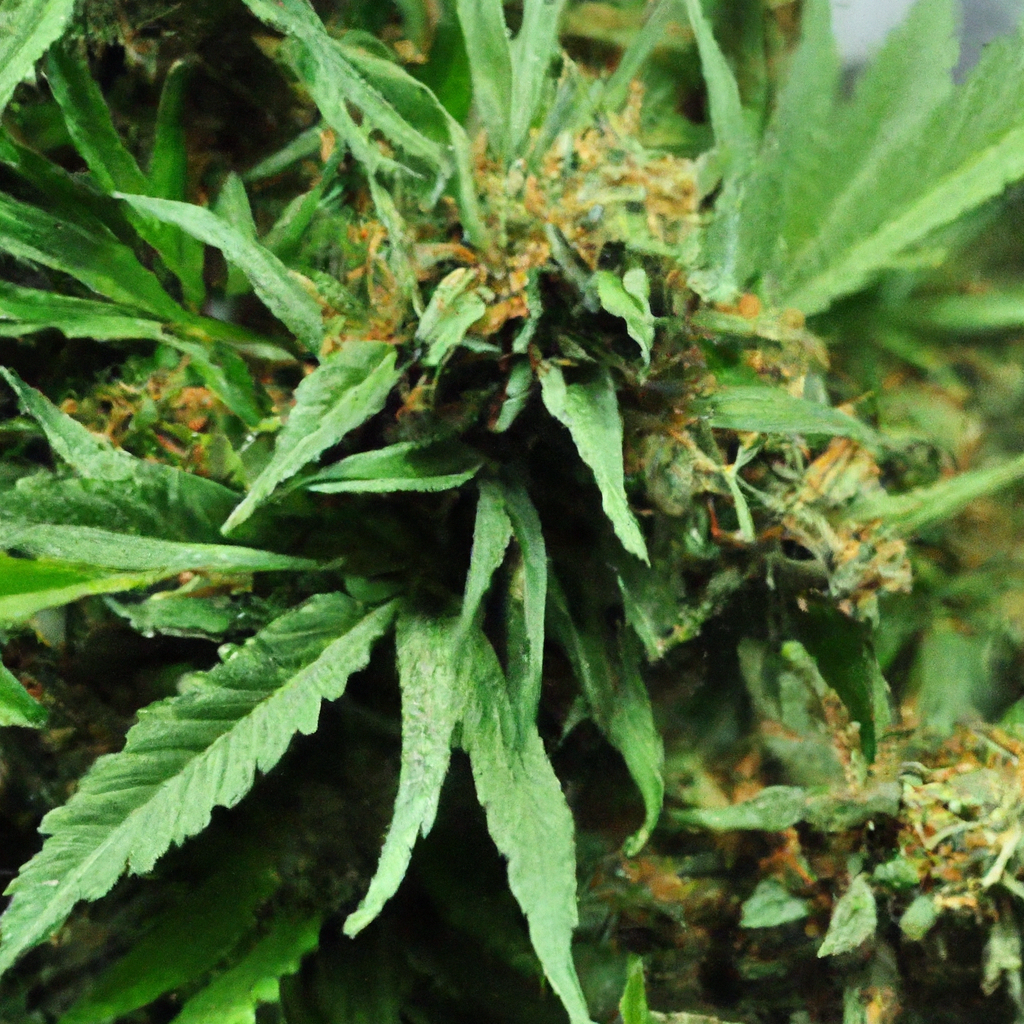
Eco-conscious growers are increasingly adopting organic cannabis cultivation techniques to produce cleaner and healthier harvests. This approach supports environmental sustainability and offers a more aromatic product for consumers. Key practices include using natural fertilizers like compost to enrich soil, employing companion planting and crop rotation for soil health, and utilizing natural pest control methods, such…
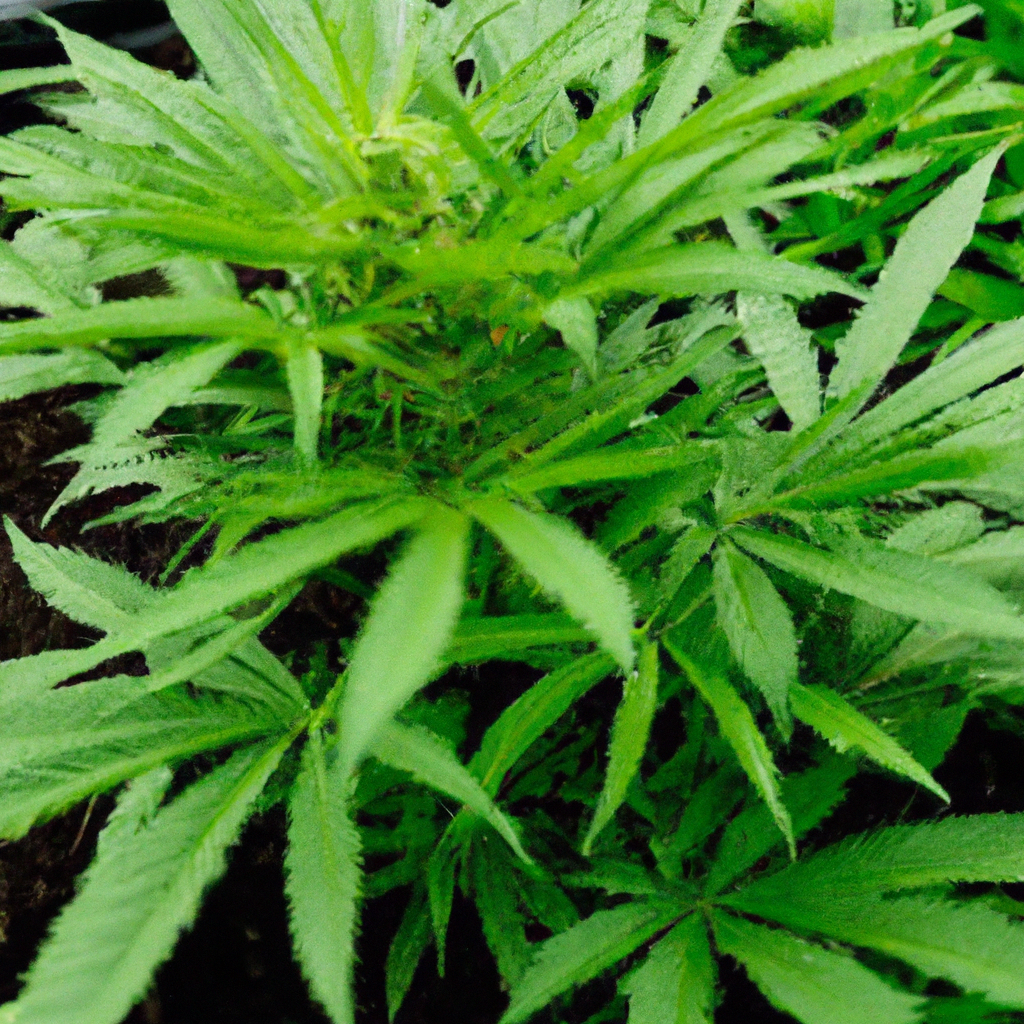
Embarking on organic cannabis cultivation involves nurturing a vibrant ecosystem using natural compounds instead of synthetic chemicals. Success begins with enriching soil using natural fertilizers like compost, worm castings, and bat guano, which support healthy plant growth. Natural pest control strategies, such as Integrated Pest Management, further sustain the garden’s balance by using companion planting,…
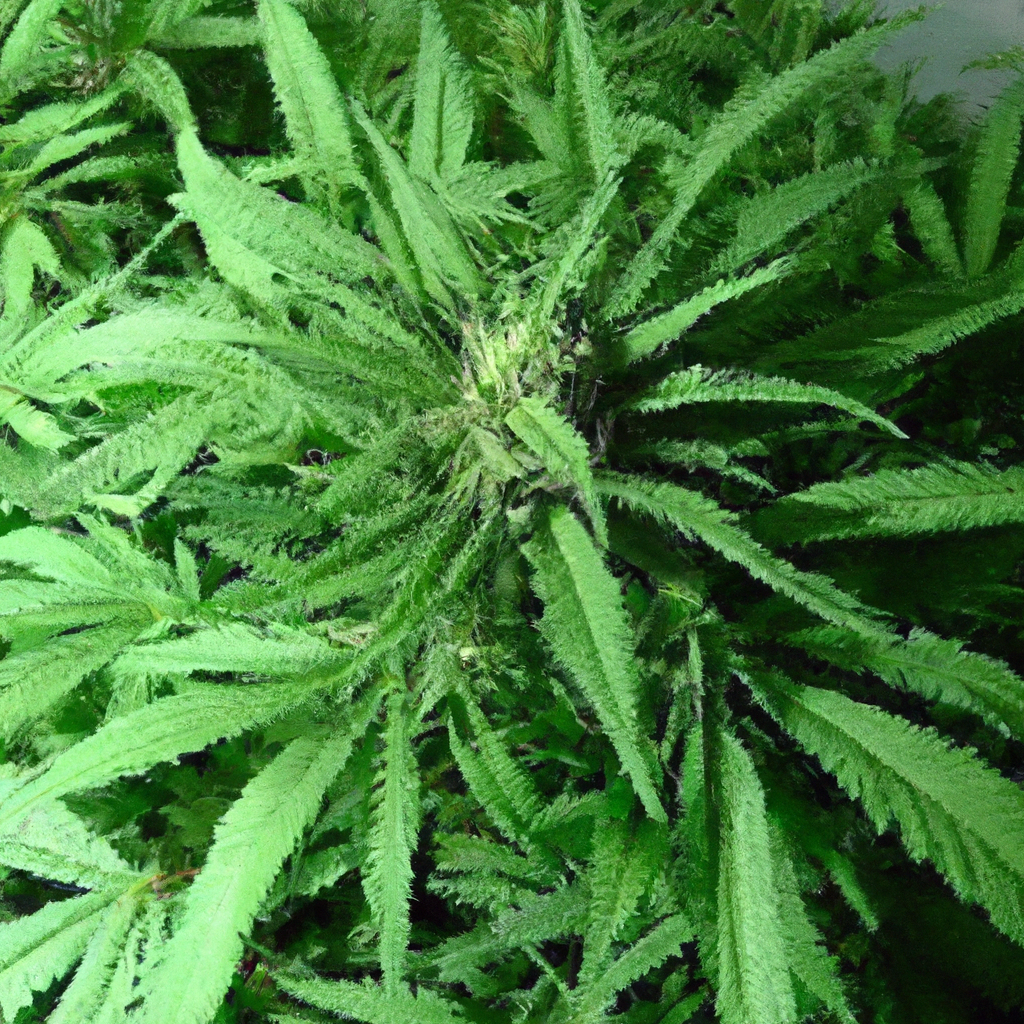
Organic cannabis growing prioritizes environmental health through sustainable practices, avoiding synthetic chemicals in favor of natural fertilizers and pest control. This approach begins with building healthy soil ecosystems using organic compost, beneficial microbes, and crop rotation. Choosing natural fertilizers like manure and bone meal supports plant nutrition without chemical impacts. Natural pest control methods, such…
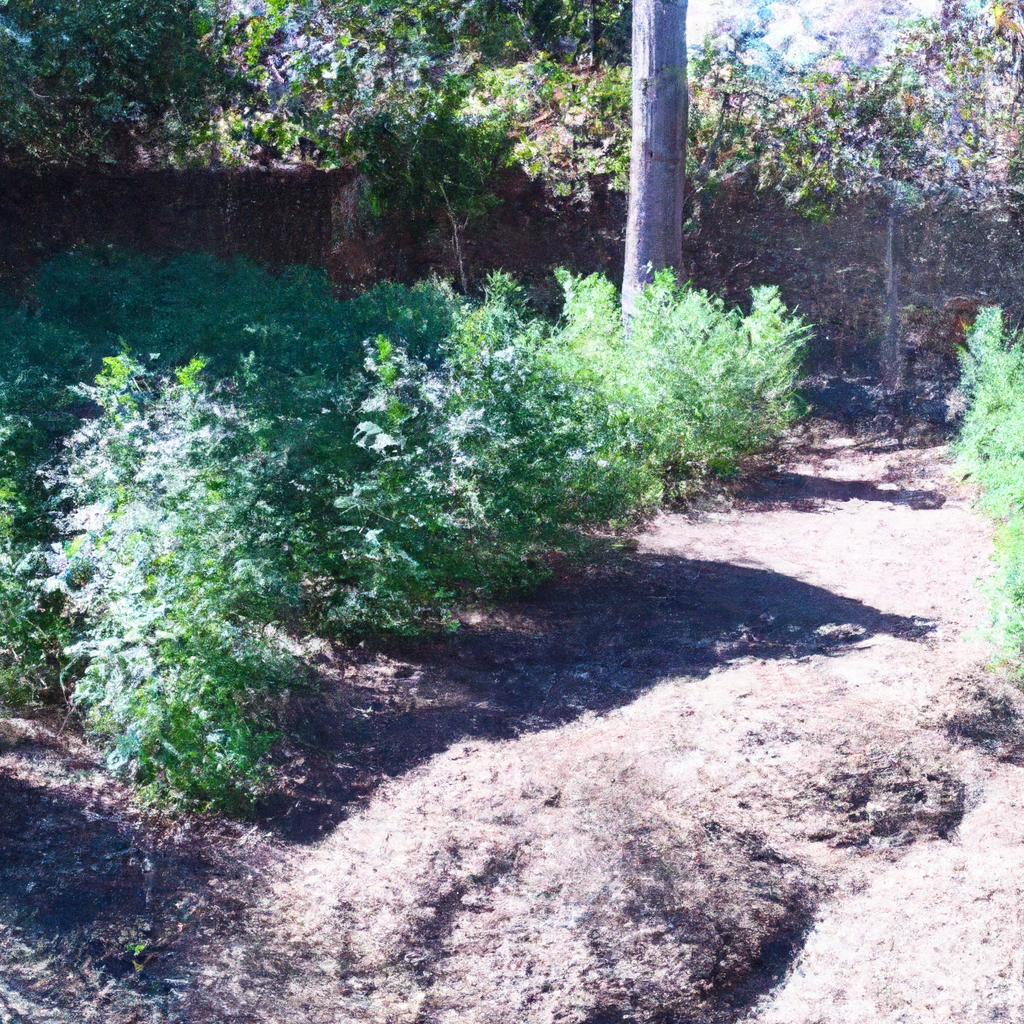
Organic mulching is an effective technique for enhancing cannabis cultivation by conserving soil moisture, suppressing weeds, and improving plant health. It works by providing a protective layer that retains moisture, inhibits weed growth, enriches the soil as it decomposes, and insulates roots from temperature extremes. Popular organic mulch types include wood chips, straw, leaf mold,…
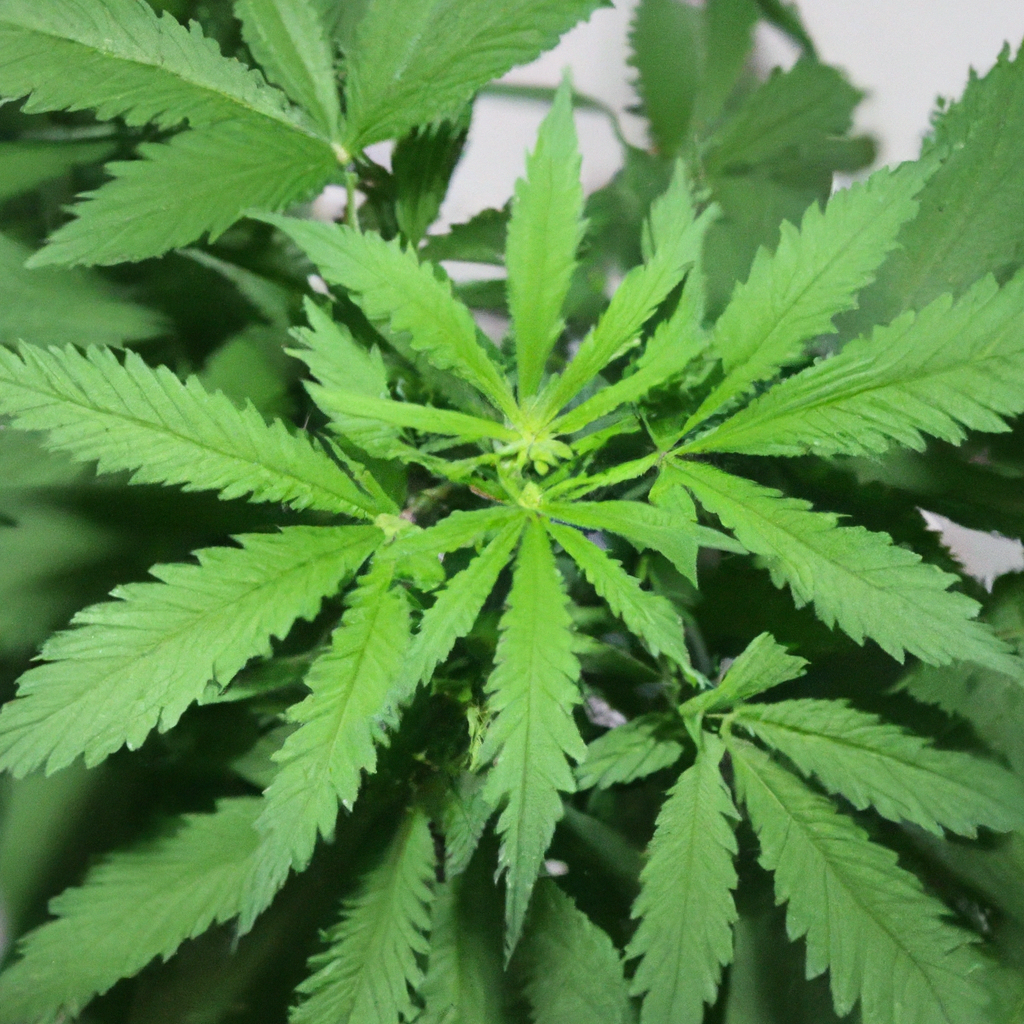
Growing cannabis organically is a lifestyle choice that promotes sustainability and ecological balance. This method enhances both soil and plant health, producing high-quality cannabis that’s safe and environmentally friendly. Key practices include using natural fertilizers like vermicompost, fish emulsion, and bone meal, as well as eco-friendly pest control such as companion planting and neem oil.…
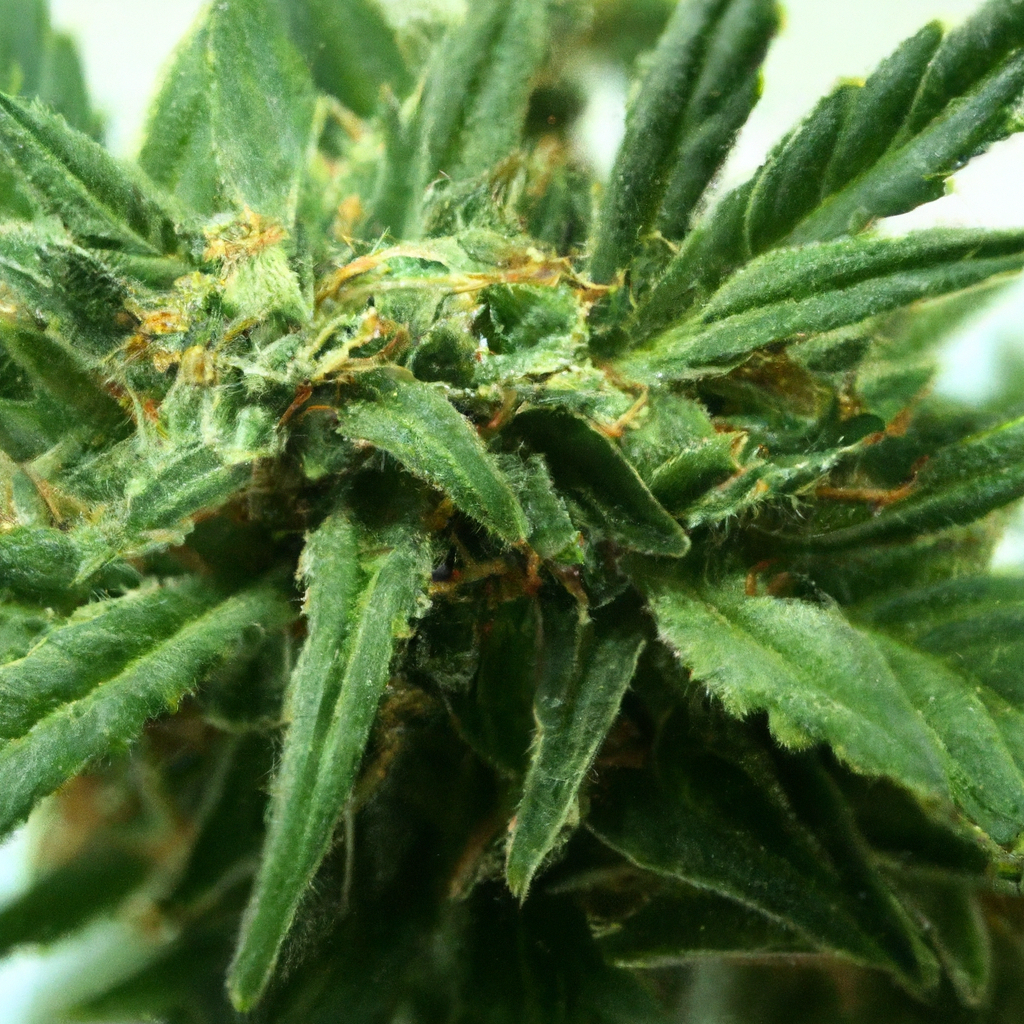
Growing cannabis presents challenges, especially in disease management. Crucial to achieving a healthy yield is preventing common cannabis diseases such as powdery mildew, botrytis, root rot, and fungal infections like fusarium and pythium. Proactive strategies include maintaining proper airflow, practicing hygiene, selecting disease-resistant strains, and controlling moisture levels. For advanced prevention, consider using beneficial microbes,…
